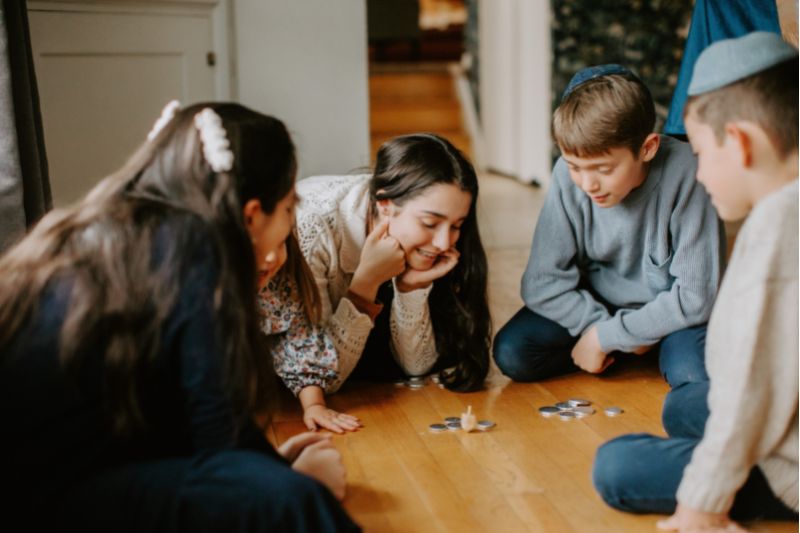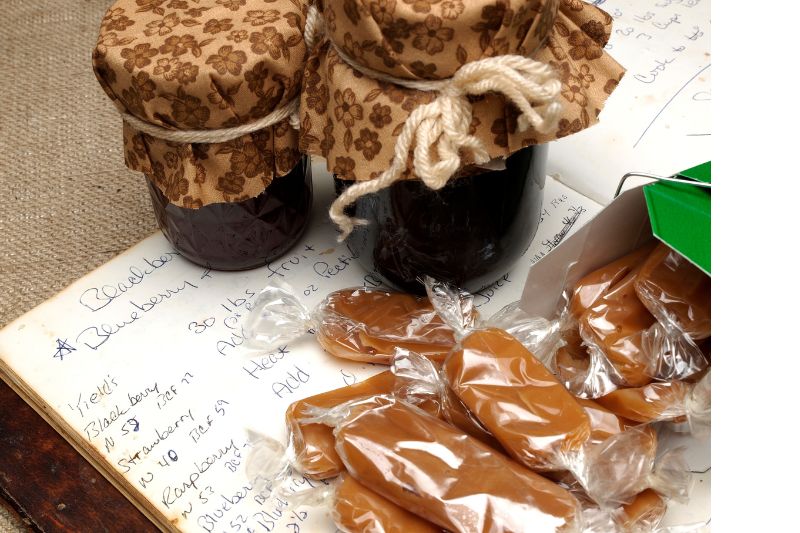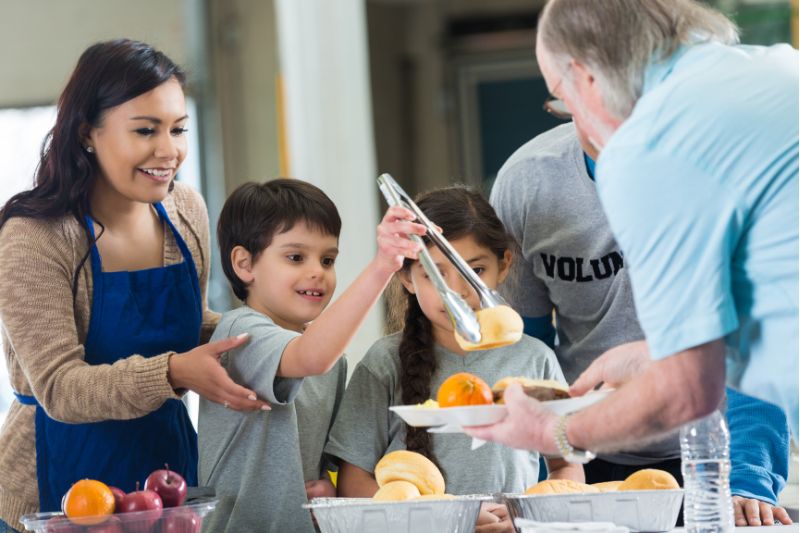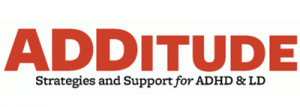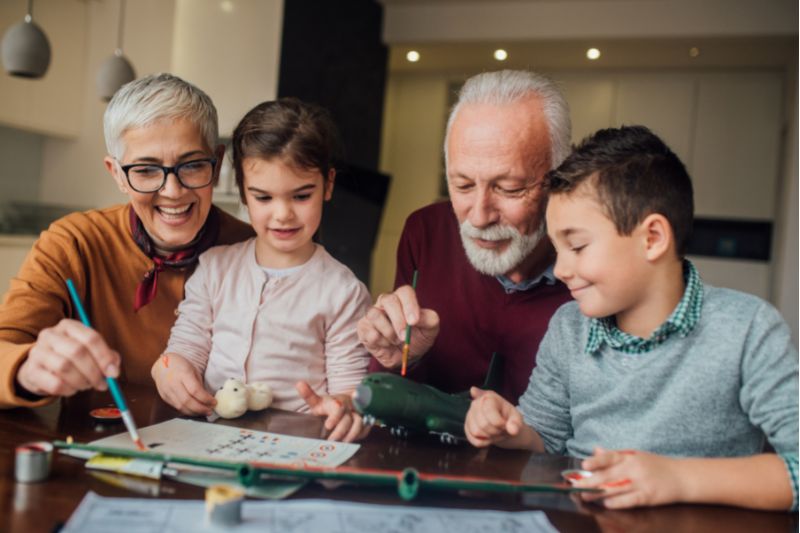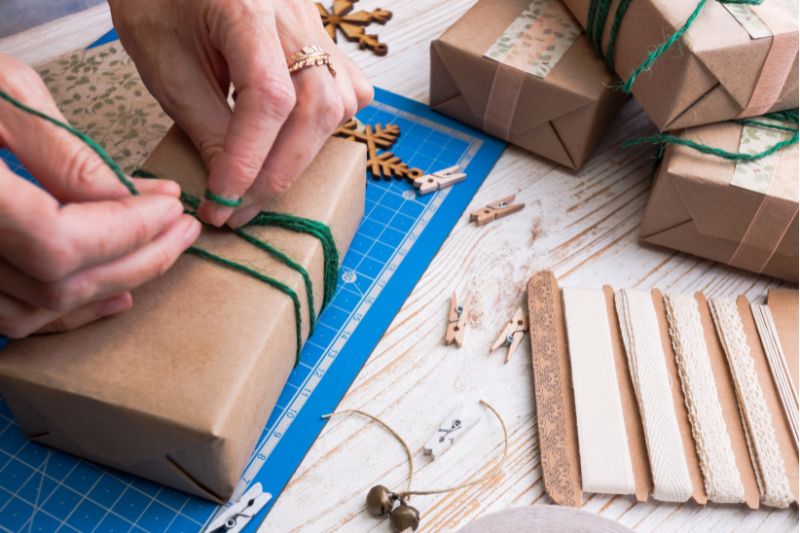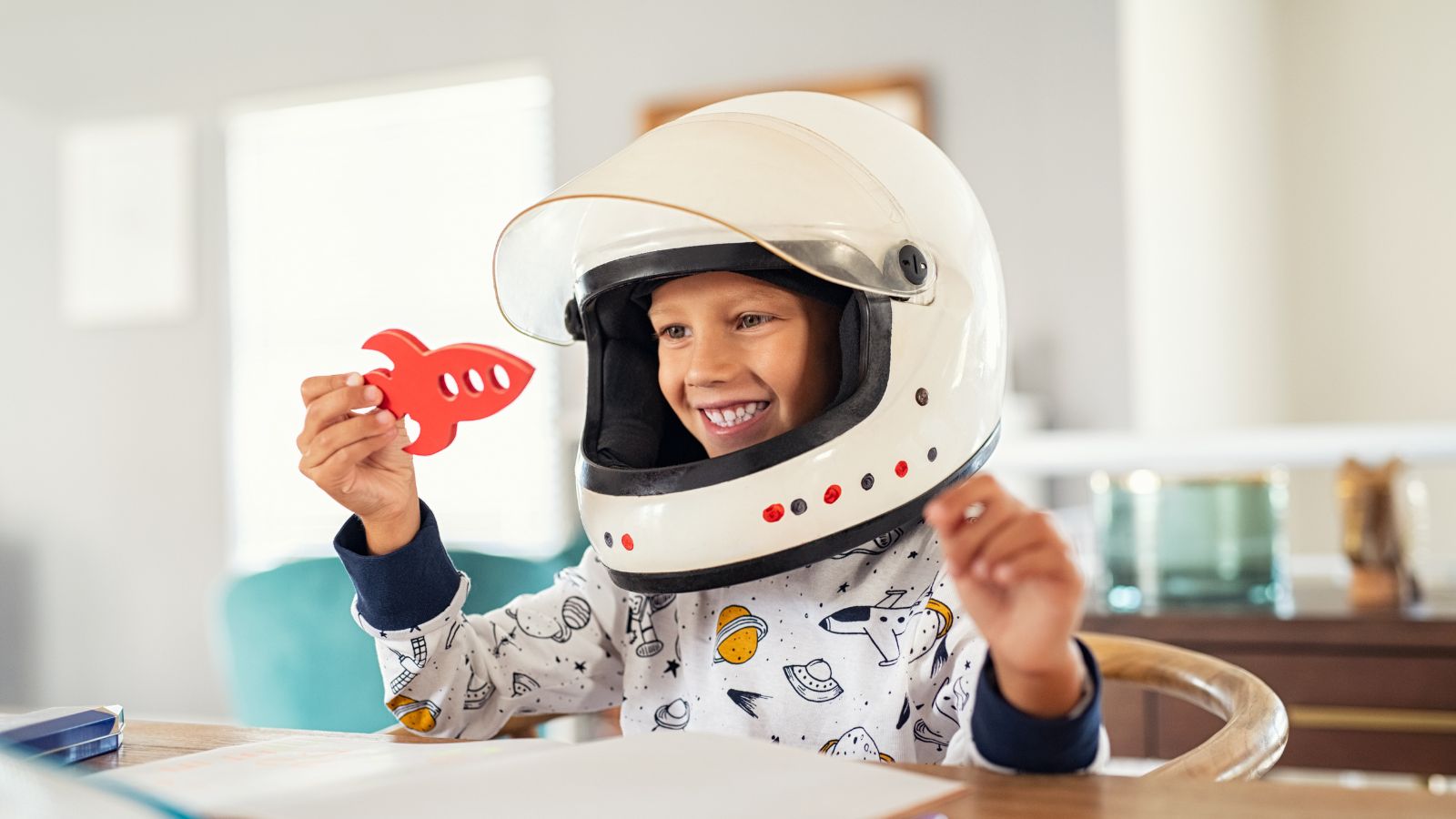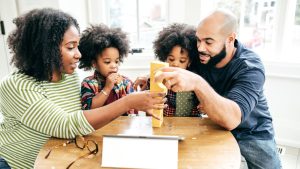 Are you starting to feel stressed about the holidays? I am. This weekend as I was out doing errands, the Christmas music was loudly blaring in every store while people rushed around with lists in hand and frantic expressions. I wondered quietly why we put ourselves through this holiday stress. There has to be another way to approach the holiday season. This year, I’d like to advocate emphasizing experiences over material gifts, creating meaningful holiday traditions with people we love, and for volunteering to help those in need. If you could change one thing about how you approach this holiday season, what would it be? Believe it or not, when we race around less, we limit the overwhelming feeling that can be debilitating for those with and without ADHD. We all know this is true, and yet we still lose ourselves in the hustle and bustle of shopping until we drop. While many people anticipate the excitement of the holiday season, children and adults with ADHD might be a bit overwhelmed by party planning, socializing, and last-minute shopping. During this time, you should find ways to prioritize what matters most, your mental health, fully enjoy the season, and restart the new year with a fresh and renewed mindset.
Are you starting to feel stressed about the holidays? I am. This weekend as I was out doing errands, the Christmas music was loudly blaring in every store while people rushed around with lists in hand and frantic expressions. I wondered quietly why we put ourselves through this holiday stress. There has to be another way to approach the holiday season. This year, I’d like to advocate emphasizing experiences over material gifts, creating meaningful holiday traditions with people we love, and for volunteering to help those in need. If you could change one thing about how you approach this holiday season, what would it be? Believe it or not, when we race around less, we limit the overwhelming feeling that can be debilitating for those with and without ADHD. We all know this is true, and yet we still lose ourselves in the hustle and bustle of shopping until we drop. While many people anticipate the excitement of the holiday season, children and adults with ADHD might be a bit overwhelmed by party planning, socializing, and last-minute shopping. During this time, you should find ways to prioritize what matters most, your mental health, fully enjoy the season, and restart the new year with a fresh and renewed mindset.
Prioritize Your Mental Health
 Prioritizing what matters means taking care of your well-being during these busy weeks and showing up for others. You might make a list of self-care activities and schedule it into your calendar along with the endless errands. Perhaps consider the fun factor and the role that it plays. I’m not advocating selfishness but rather healthy self-focus. Slow down when you feel activated, pause, and consider what’s happening and what would help you settle. This is showing yourself the love that lies at the heart of this season of light. If parties aren’t your thing, how about planning a hot cocoa with whipped cream at your favorite cafe? Or, maybe, a walk in the park with a single friend or relative. A drive around the neighborhood to look at the colorful lights might also boost your spirit and be a fun outing with your family. Below is expert advice on how to enjoy the holiday season without getting overwhelmed.
Prioritizing what matters means taking care of your well-being during these busy weeks and showing up for others. You might make a list of self-care activities and schedule it into your calendar along with the endless errands. Perhaps consider the fun factor and the role that it plays. I’m not advocating selfishness but rather healthy self-focus. Slow down when you feel activated, pause, and consider what’s happening and what would help you settle. This is showing yourself the love that lies at the heart of this season of light. If parties aren’t your thing, how about planning a hot cocoa with whipped cream at your favorite cafe? Or, maybe, a walk in the park with a single friend or relative. A drive around the neighborhood to look at the colorful lights might also boost your spirit and be a fun outing with your family. Below is expert advice on how to enjoy the holiday season without getting overwhelmed.
4 Ways to Care For Yourself
1. Be present and think creatively
 Forget comparisons to previous holidays and the recurring ‘should have’s of the season. Shift your focus and think a bit outside of the box. Reflect on what would make this time of year special to you. Consider what takes you into those stressful moments and identify what helps you stay more in the present. Identifying your personal goals and hopes for 2023 will bring you joy. Now go and enjoy it!
Forget comparisons to previous holidays and the recurring ‘should have’s of the season. Shift your focus and think a bit outside of the box. Reflect on what would make this time of year special to you. Consider what takes you into those stressful moments and identify what helps you stay more in the present. Identifying your personal goals and hopes for 2023 will bring you joy. Now go and enjoy it!
2. Keep it simple
It is MORE than okay to stop operating on an “all-systems-go” battery. Keep your days simple. By this time of the year, everyone is tired and feeling drained. Brainstorm a few easy, rewarding things that don’t make you feel worn out. Plan for rest and restorative activities and put them on your calendar. When you write them down in your schedule, they are much more likely to occur.
3. Create a vacation routine
 Often the appeal of days off from work with lots of open space can diminish when the time arrives. Given the upheaval and unpredictability of the past few years, some daily routines will give just enough organization to your days and, if you’ve got kids, keep them off screens 24/7. Of course, it’s a vacation, so you don’t want to structure each day with a formal plan. But having a loose routine for your days helps you (and your kids) know what to expect and think about. I recommend something like wake up, breakfast, activity period one, lunch, activity period two, maybe a rest, dinner, and possibly a night-time outing if you’re up for it.
Often the appeal of days off from work with lots of open space can diminish when the time arrives. Given the upheaval and unpredictability of the past few years, some daily routines will give just enough organization to your days and, if you’ve got kids, keep them off screens 24/7. Of course, it’s a vacation, so you don’t want to structure each day with a formal plan. But having a loose routine for your days helps you (and your kids) know what to expect and think about. I recommend something like wake up, breakfast, activity period one, lunch, activity period two, maybe a rest, dinner, and possibly a night-time outing if you’re up for it.
4. Practice self-compassion
Be kind to yourself right now and always. Nobody can do this for you, and it’s an essential practice for living fully. There’s probably more than enough disappointment and frustration from the past eleven months (or more) to go around. Criticizing yourself adds to the dirty laundry pile instead of empowering you to toss that load into the washer. Instead, acknowledge that you, like all of us, have been doing the best you can with the available resources–today and every day.  Remember, reflect on some things you’ve appreciated this year and be specific. Pat yourself on the back for them. When you nurture your gratitude, you counteract negative messages from others. This builds your self-esteem and reduces negativity and burnout.
Remember, reflect on some things you’ve appreciated this year and be specific. Pat yourself on the back for them. When you nurture your gratitude, you counteract negative messages from others. This builds your self-esteem and reduces negativity and burnout.
“Do something nice for yourself today. Find some quiet, sit in stillness, and breathe. Put your problems on pause. You deserve a break.”― Akiroq Brost
Become A Member
Please become a member of my newsletter community. You can find support and resources, and connect with a group that understands your questions and needs. Click here
Follow me on social media: YouTube, Facebook, Twitter, and Instagram.
Invite Me to Speak | Join A Group | Newsletter | Read my blog
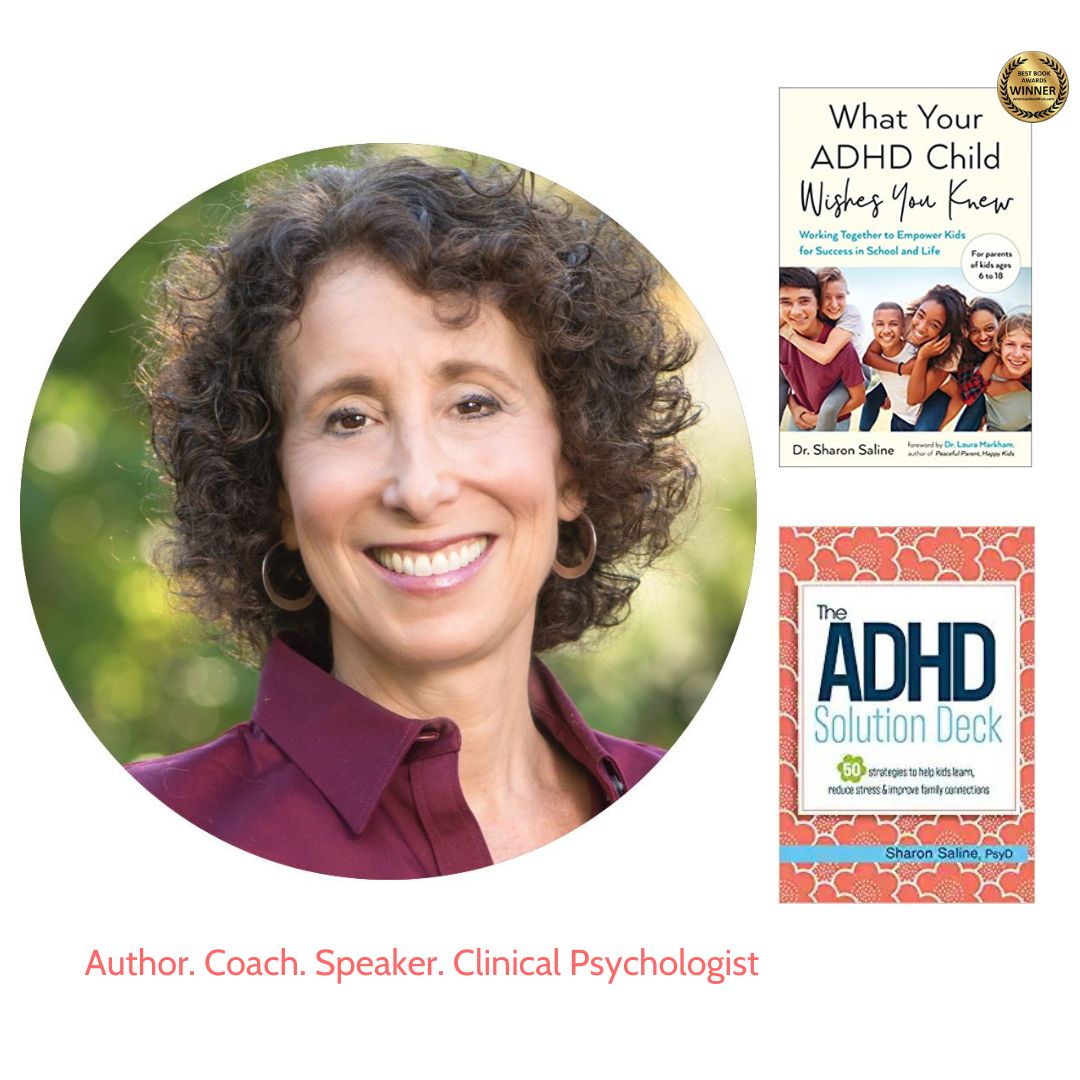
Sign-up for my newsletter today and receive 10% off!
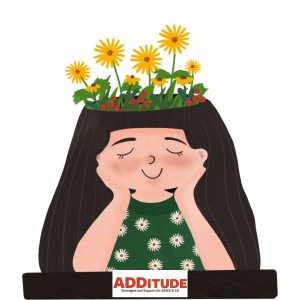
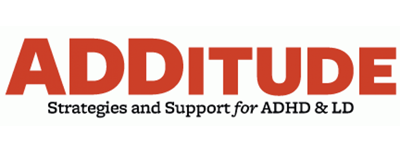

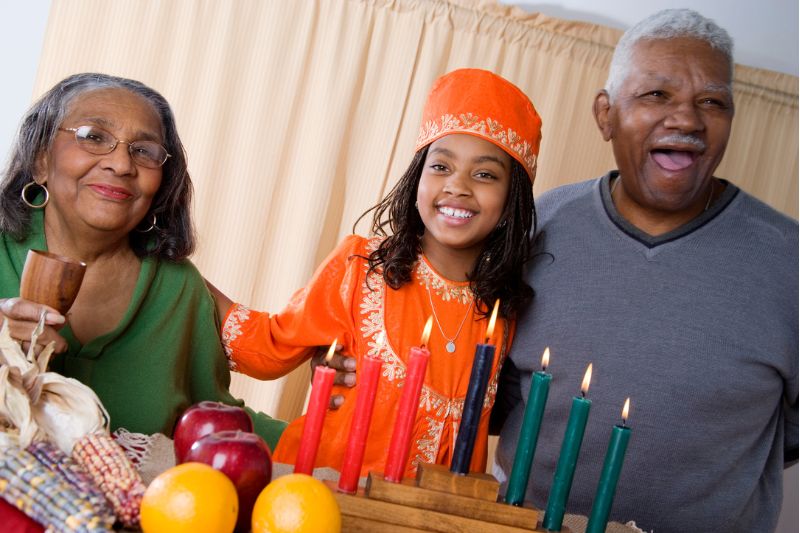 During the end-of-year holiday season, it’s nice to reflect on customs and traditions which make your family unique. This
During the end-of-year holiday season, it’s nice to reflect on customs and traditions which make your family unique. This 

